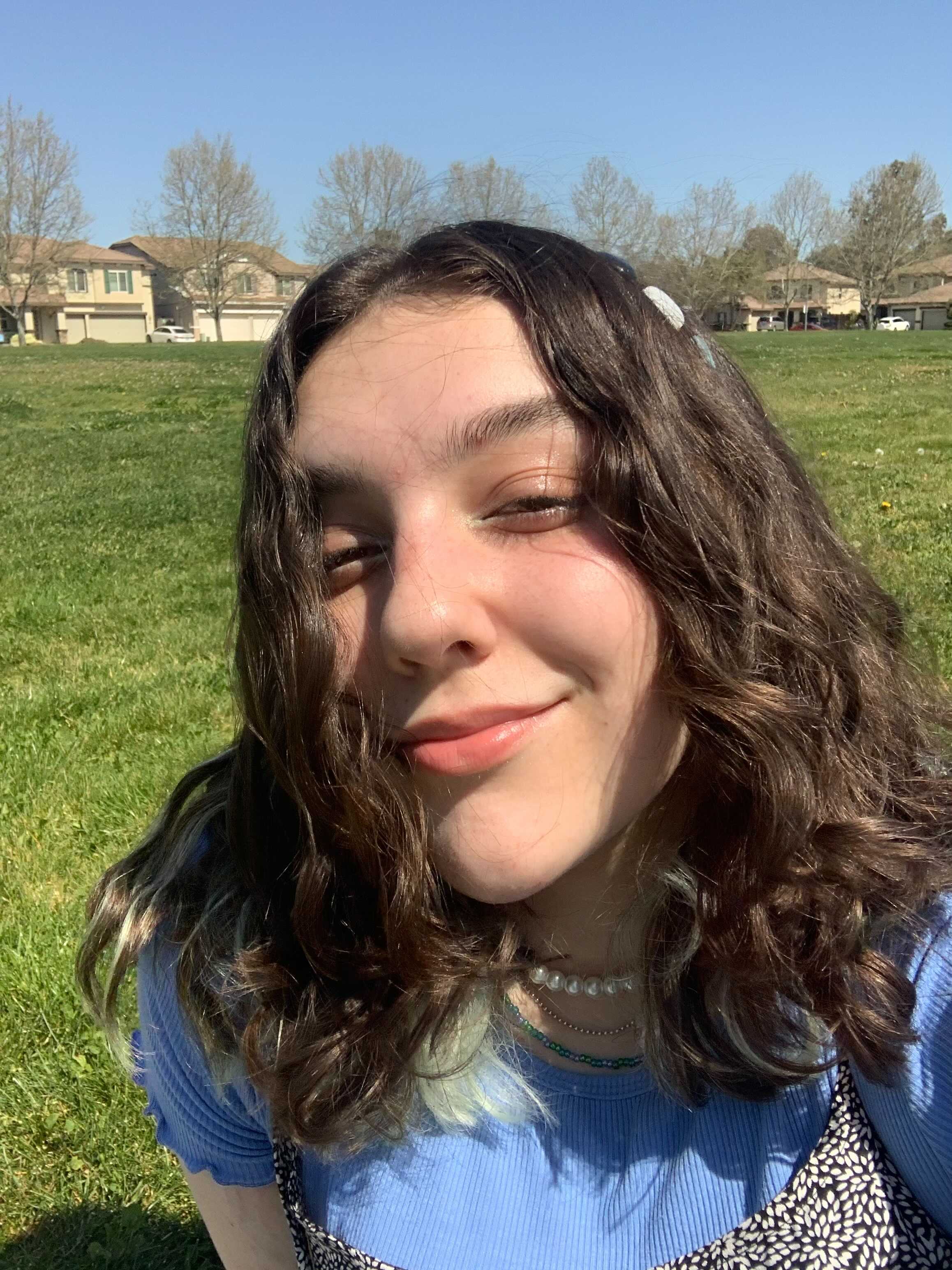The #MeToo Movement
- Mariah Vaiza

- Nov 28, 2021
- 3 min read
#MeToo. Millions around the globe can empathize with the experiences you all share. This movement is a way for survivors of sexual harassment to share their stories and inform the world that others subject to sexual abuse are not alone. The global movement has gained an immense amount of traction and continues to grow as more people share their stories.

Tarana Burke is the woman behind the movement. Burke, a women’s advocate in New York, coined the term #MeToo in 2006. She had an image of creating an outlet for women to share their stories of sexual abuse, to let others know that they are not alone and that there are others with shared experiences. While it is heart-wrenching to know that many people have shared experiences of sexual harassment and abuse, it can be comforting to share your experiences or relate to those of others. Later, in 2017, the term was revived by actress Alyssa Milano, known for her parts in Sunday at Tiffany’s and Charmed. Milano had a specific reason for the reintroduction of the phrase, being an article of Harvey Weinstein’s sexual assault accusations. She wanted to encourage anyone who had gone through sexual abuse to share their stories with the world. This is when #MeToo began to spread rapidly across social media platforms.
The popularization of this movement has prompted questions like “What is sexual assault?” or “Have I been sexually assaulted?” While definitions can vary legally in different states, sexual assault or harassment can generally be paraphrased as, “unwelcome sexual advances, requests for sexual favors, and other verbal or physical conduct of a sexual nature.” Now, if you are questioning if your experience is considered assault or harassment, I recommend you assess your situation. Many may have similar experiences, but yours is different because it is unique to you. You can consider if this encounter was consensual, and remember that not saying no is not a yes! Lastly, do not let anyone invalidate your experiences. If you decide to open up to a person you trust, and they ultimately tell you that you’re overreacting, wrong, doing this for attention, etc., just know that they are not you and did not experience what you went through.
People in marginalized communities are often at a higher risk of sexual abuse or of experiencing victim-blaming. Women and female-presenting people are often targets of sexual violence, but it doesn’t stop there. Members of the LGBTQIA+ community are more likely to suffer sexual abuse compared to those who are straight, white, and/or cisgender. Men, too, are often victims of sexual violence. While rates of sexual assault towards men are lower, their experiences are often glazed over and looked past, even though their encounters are just as valid as those of women and non-binary people.
“#MeToo. I will not let my experience get pushed under the rug along with the millions of other silenced survivors.”
Tarana Burke created a movement that has allowed people around the globe to indulge in sharing their experiences that might have otherwise been ignored or even unidentified sexual assault. So many of us do not even know what sexual violence is or if something was consensual. Burke gave us an outlet to educate one another and let us all know that we are NOT alone.
Reach out if you can:
National Sexual Assault Hotline
1-800-656-HOPE (4673
National Suicide Prevention Lifeline
1-800-273-TALK (8255)
References
.png)





Comments